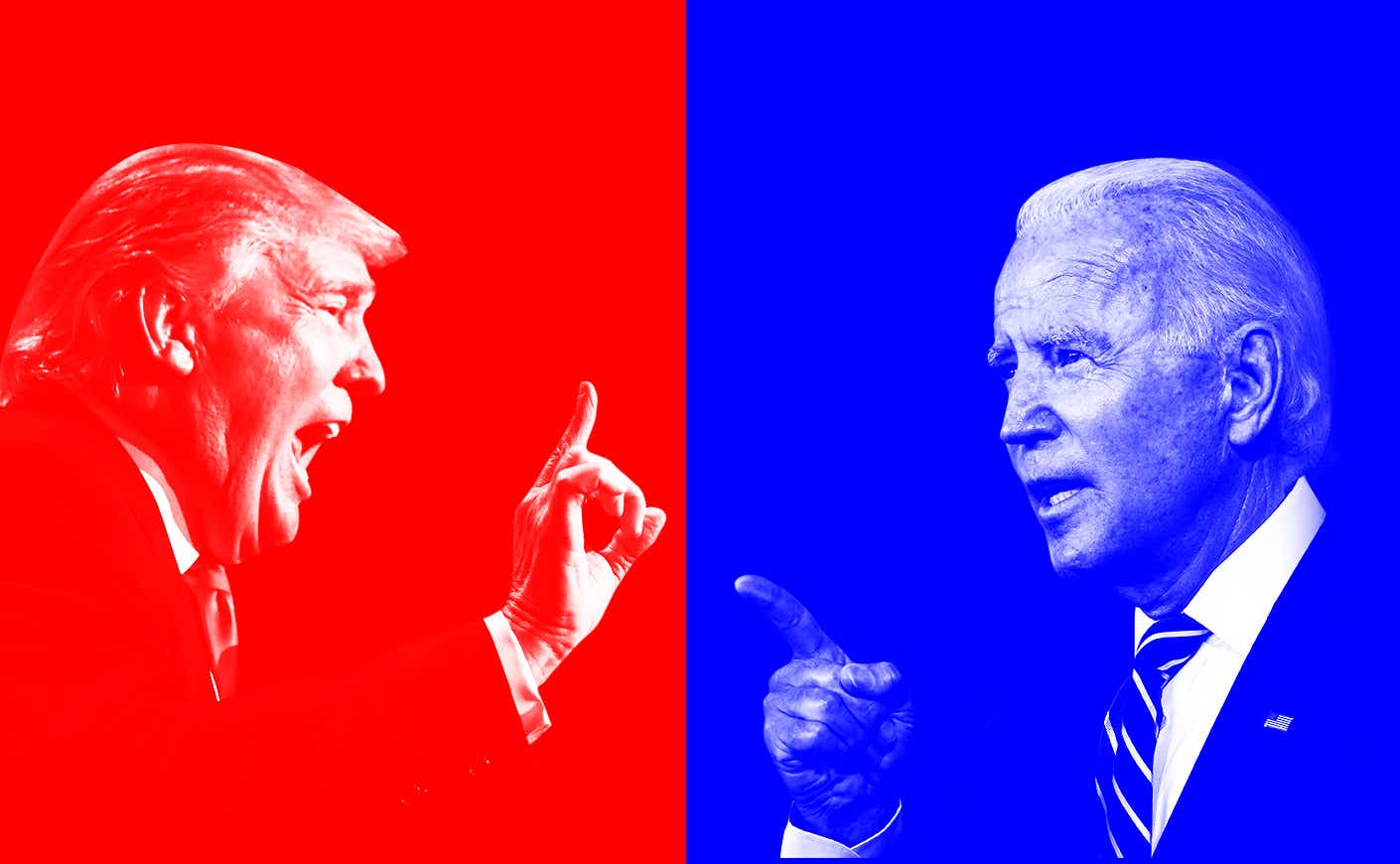A major clash between President Biden and former President Trump is heating up after the White House rejected two more of the former president’s claims of executive privilege, over documents related to the January 6th insurrection.
What’s the dispute between Trump and Biden?
Trump is trying to prevent the National Archives from turning over records that were requested by the Jan. 6 select House committee investigating him. He claims that the request for these documents is unconstitutional, since White House records were protected by executive privilege. But the records may still be released, at least if Biden has anything to do with it: White House counsel Dana Remus said that the former president’s privilege assertion “is not in the best interests of the United States, and therefore is not justified.”
What’s next?
The National Archives now has to hand over the documents within 30 days of notifying Trump — unless a court intervenes. But what’s actually in the documents? It’s unclear: So far, they’ve only been identified as a “subset of documents” requested by a House select committee.
What’s the big picture?
Trump filed a federal lawsuit against the Jan. 6 panel last week, but the panel isn’t backing down — it has vowed to fight back, which will likely set off a very long legal battle. The panel’s already seeking testimony from a number of aides and officials in the former president’s inner circle. So far, one — Steve Bannon — has refused to appear, citing Trump’s executive privilege. He could now face criminal charges over the move.
What will the court say?
It remains to be seen how Trump will fare, but we do know that there’s at least some legal precedent for his claims: The Supreme Court previously ruled that former presidents have some authority to assert executive privilege. Still, the full scope of the question hasn’t been addressed yet, so stay tuned to the oral arguments, which are set to begin on Nov. 4.









